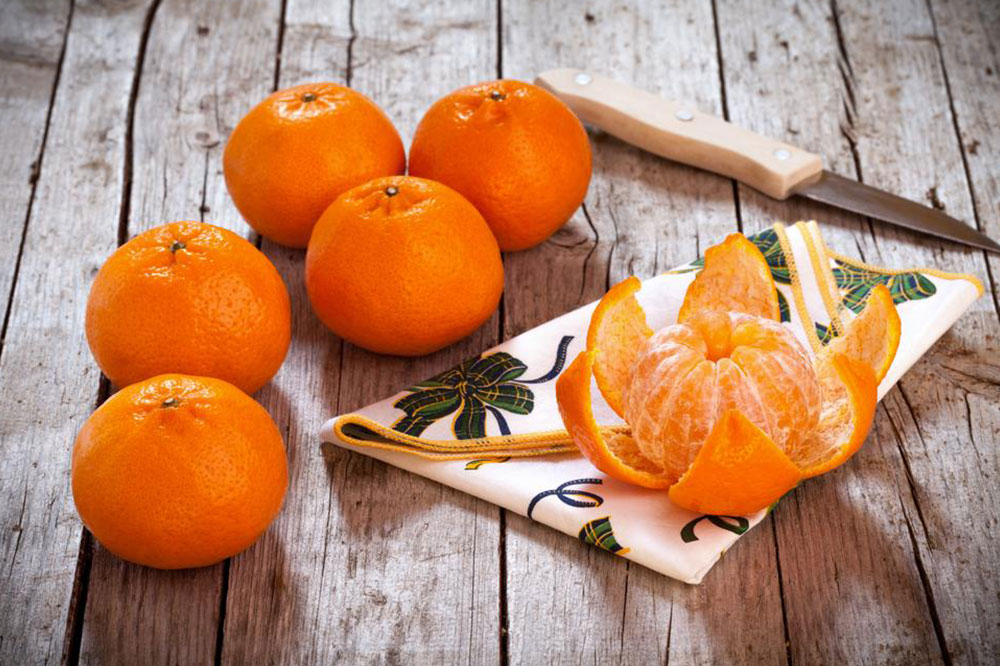Foods to eat and avoid with eczema
Atopic dermatitis, or eczema, is an inflammatory skin condition that causes itchy rashes, blisters, and skin irritation, resulting in leathery skin patches over time. While this condition is more common in children under two years old, it can also affect older children and adults. Many people with eczema also tend to develop food allergies. So, it is important to discover one’s food needs to minimize issues with eczema and the resulting allergies.
Foods to eat
- Fatty fish: One might be able to reduce their symptoms of eczema by eating fatty fish such as herring, mackerel, trout, and salmon. These fish include high levels of omega-3 fatty acids which leads to it having anti–inflammatory properties.

Foods to avoid
While what one eats might not directly cause eczema, it can be a trigger for a lot of symptoms. This is particularly true if one eats a food item that they’re otherwise sensitive or allergic to. Some of the common foods to avoid for people with eczema include:
- Foods with high amounts of sugar could result in triggering eczema flare-ups. Sugar causes a spike in insulin levels, which results in inflammation. Some food items which have high sugar and should be avoided include fast food such as burgers and chips, smoothies, sodas, coffee drinks that are sweet, and cakes.
- Food items that contain artificial ingredients and preservatives could end up increasing eczema flare-ups and symptoms. Such food items include foods that contain high amounts of trans fats such as fast food, processed food, tinned or canned food, and margarine.
- Other food items that could increase the risk of eczema flare-ups include nuts, soy, eggs, and dairy products.
While there isn’t a one-size-fits-all diet for eczema, one must aim to follow a diet that is rich in antioxidants, which could go a long way in helping reduce the symptoms of eczema. Following diet plans upon consultation with your doctor, such as the Mediterranean diet, that emphasizes on eating veggies, fruits, healthy fats like olive oil, and fish is probably the best thing to follow.

